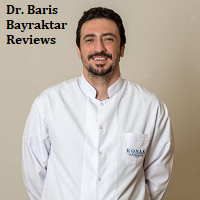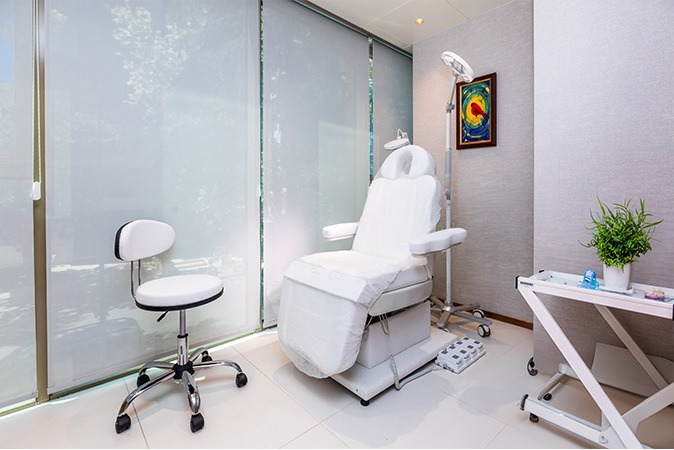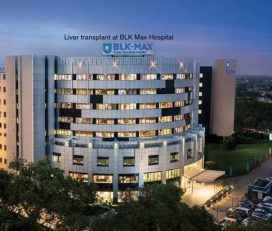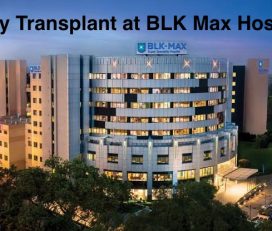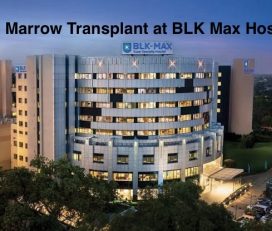Gastric Bypass Surgery Procedure
How Do You Prepare?
Gastric bypass surgery is also critical and costs a considerable amount. Make sure to follow every step without forgetting. Before one week of surgery, you may need to start a physical activity program and stop tobacco consumption, if any. Before surgery, the patient will have restrictions on consuming foods and drinking.
What Can You Expect?
Gastric bypass surgery is performed in the hospital. Depending on recovery and hospital stay is generally 1-2 days but may remain longer.
During the Gastric Bypass Procedure
The physician will give general anesthesia to the patient before surgery. Anesthesia will make you unconscious and comfortable during surgery.
The specifics of gastric bypass depend on an individual’s requirement and doctor’s experience. For example, some surgery needs traditional ways of making incisions in the abdomen. However, present technologies use laparoscopy, which involves adding instruments from multiple tiny incisions in the abdomen.
The physician will cut the required part of the stomach from the incision and stitch it back. Therefore, after the cut, the stomach size only holds 1 in 3 portions of food.
After that, your surgeon cuts the small intestine and stitches a part of it directly over the pouch. Food then passes into this small pocket of the stomach and instantly goes into the small intestine attached to it. This surgery will take some hours, and a patient will be shifted to the recovery room to monitor observation.
After The Procedure
Instantly after gastric bypass surgery, you may have fluid, but no solid food as your stomach and intestines start to heal. You will then follow a diet that gradually changes from liquid to pureed foods.
The patient is allowed to eat soft foods, then move to solid foods as your stomach can tolerate them.
However, the patient will have restrictions on eating limited.
Your physician will suggest minerals and vitamin supplements after surgery, including calcium, multivitamin, iron, and vitamin B12.
The patient will have frequent medical check-ups to monitor improvement, which involves a blood test, laboratory test, and another exam.
After surgery, the patient will notice rapid weight loss in the initial 3-6 months after Gastric Bypass, including:
- Body aches
- Feeling cold
- Feeling tired like flu
- Dry skin
- Hair thinning and hair loss
- Mood changes
Results of The Procedure
- A person will get long-term weight loss from Gastric bypass.
- The weight loss depends on lifestyle habits and surgery type.
- However, it may be possible to lower 70% weight.
Additionally, the Gastric bypass may improve the following conditions:
- High blood pressure
- Obstructive sleep apnea
- High cholesterol
- Stroke
- Heart disease
- Type 2 diabetes
- Infertility








